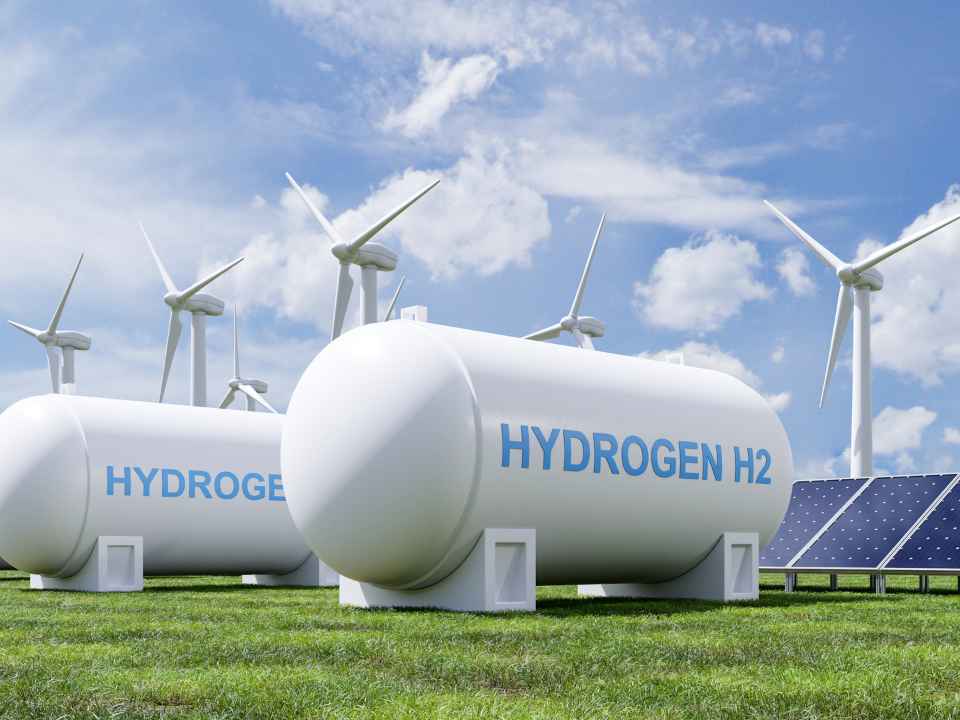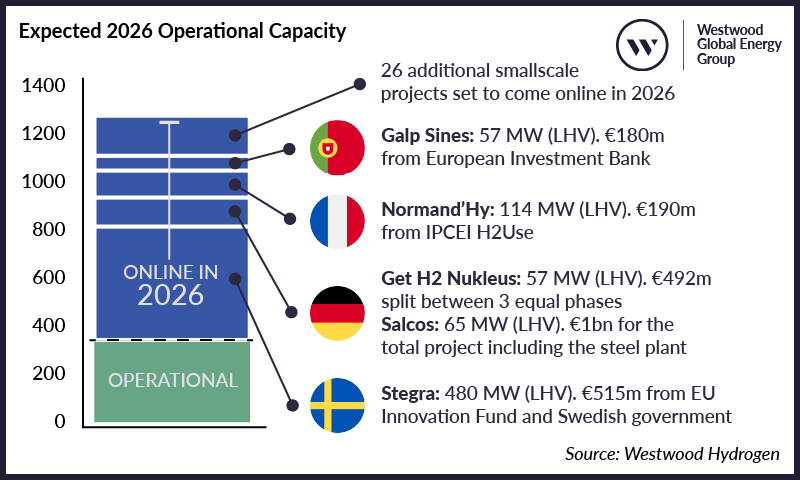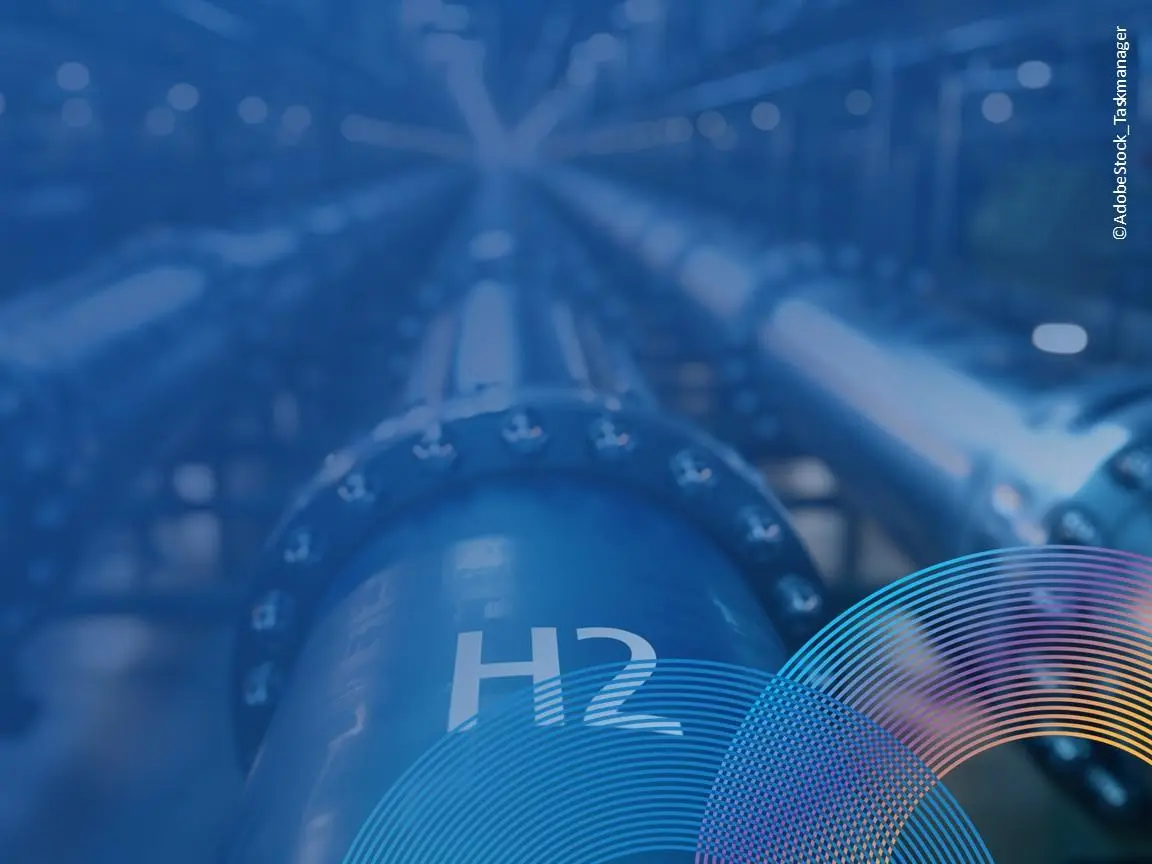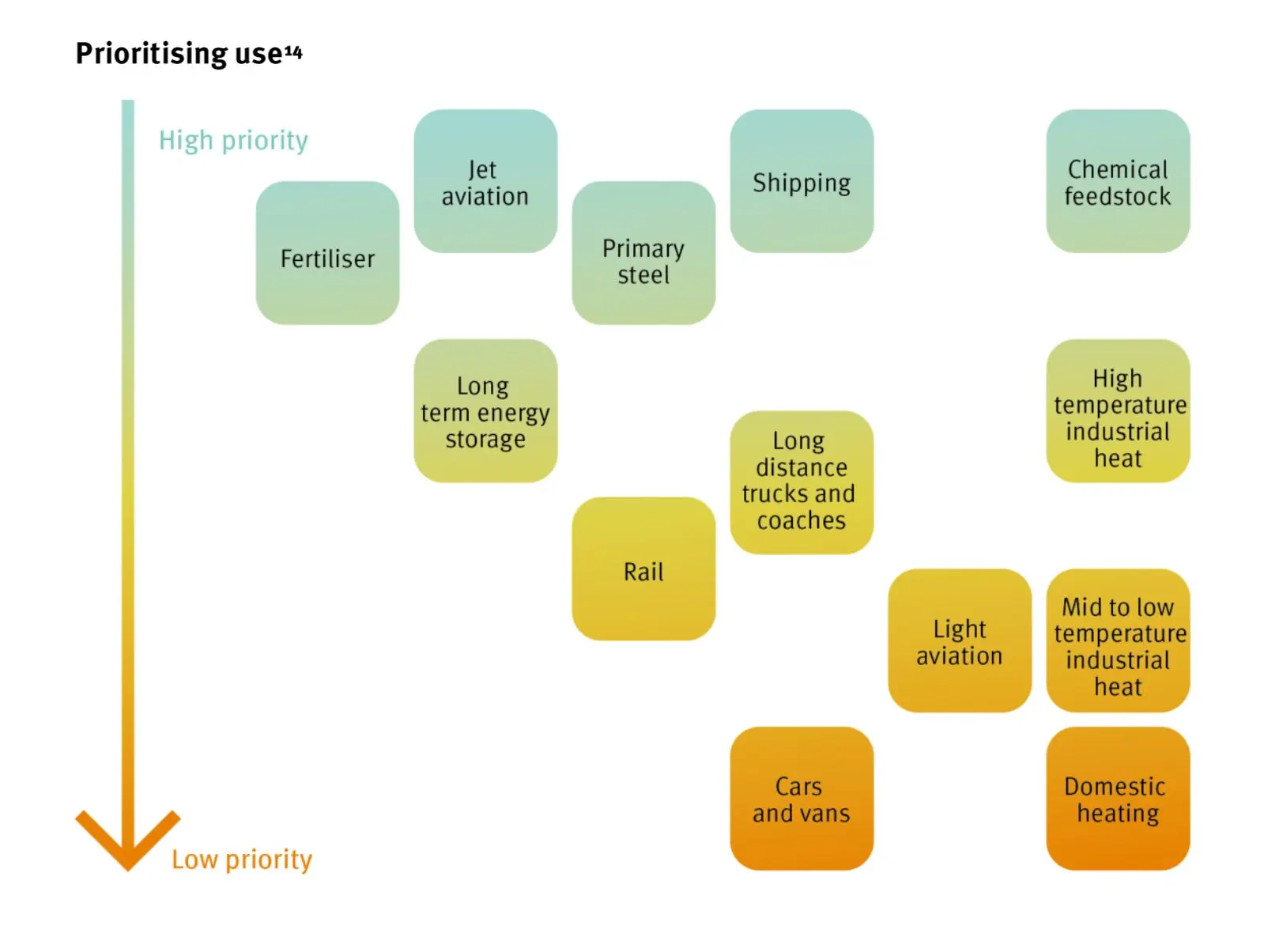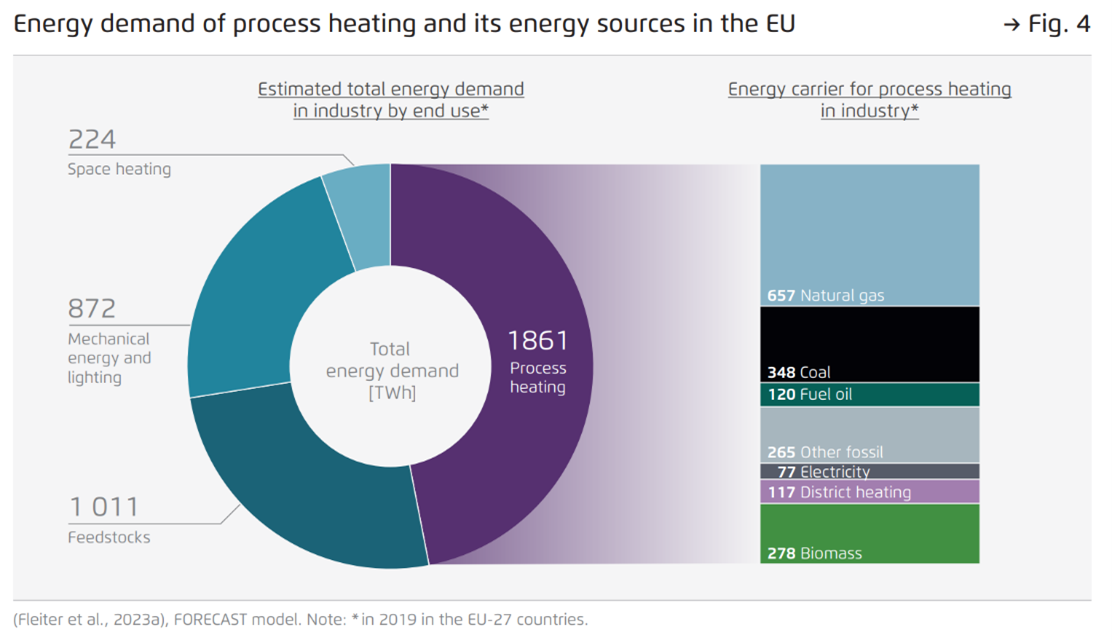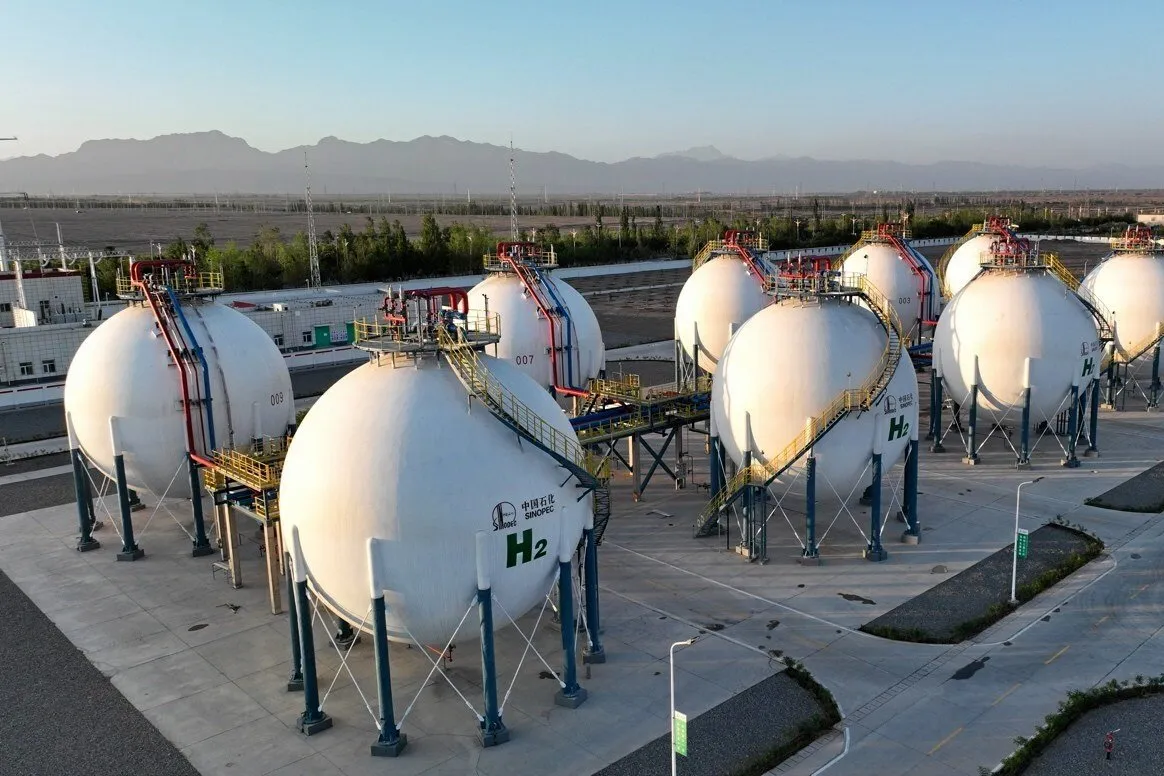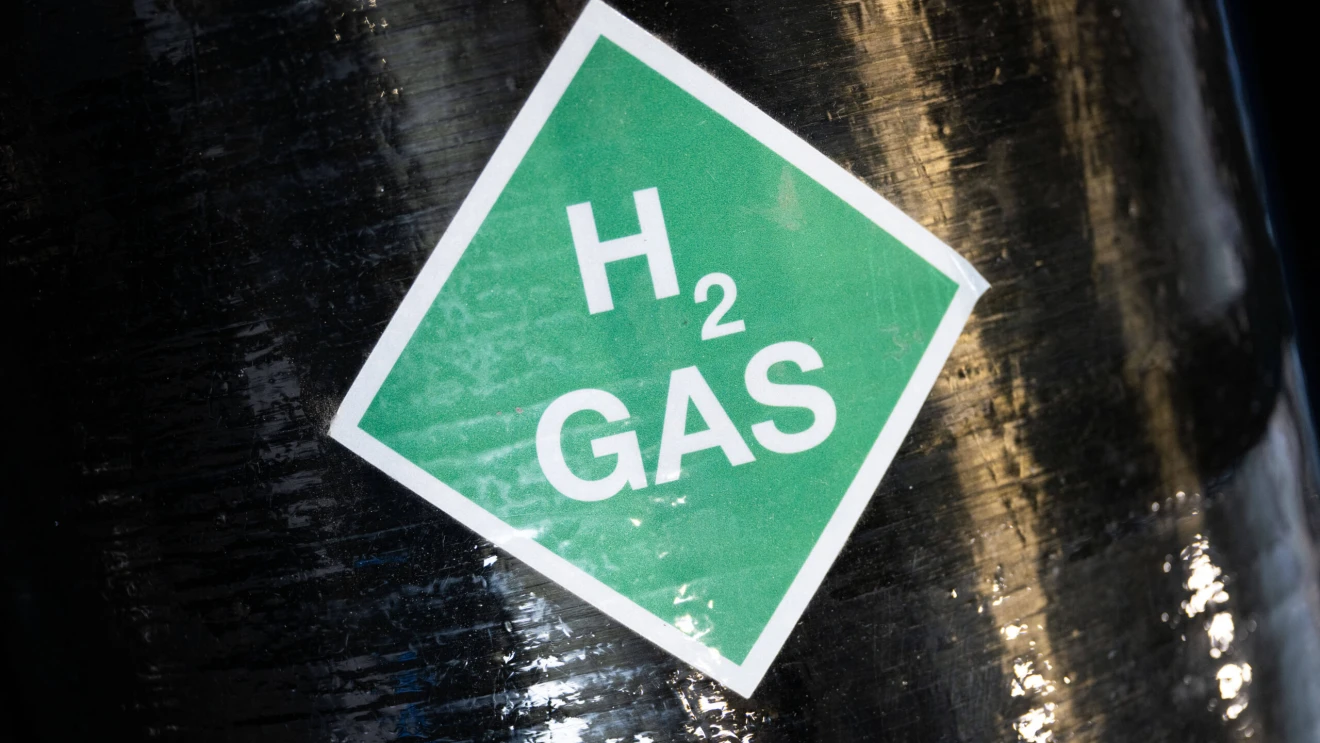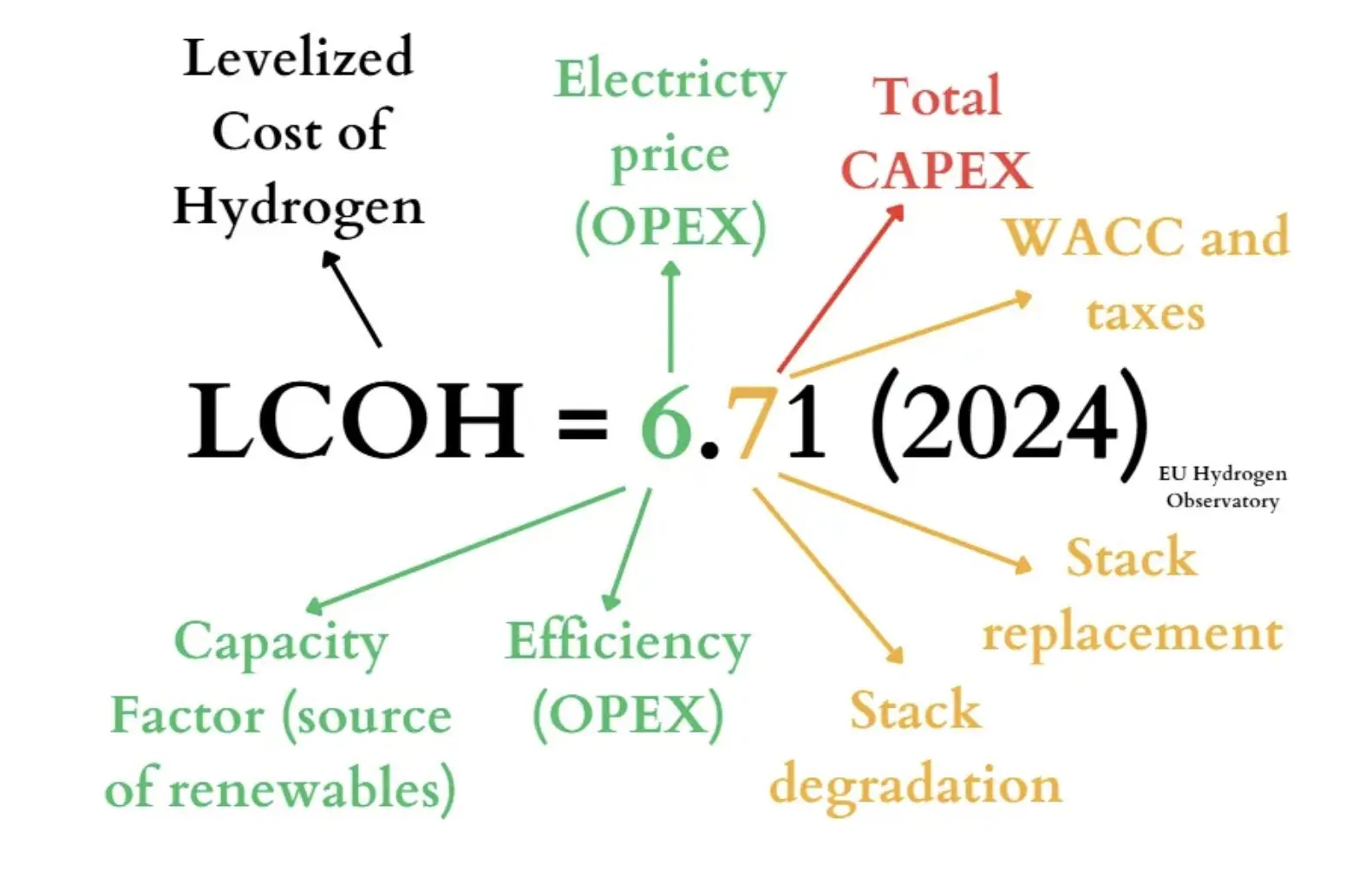
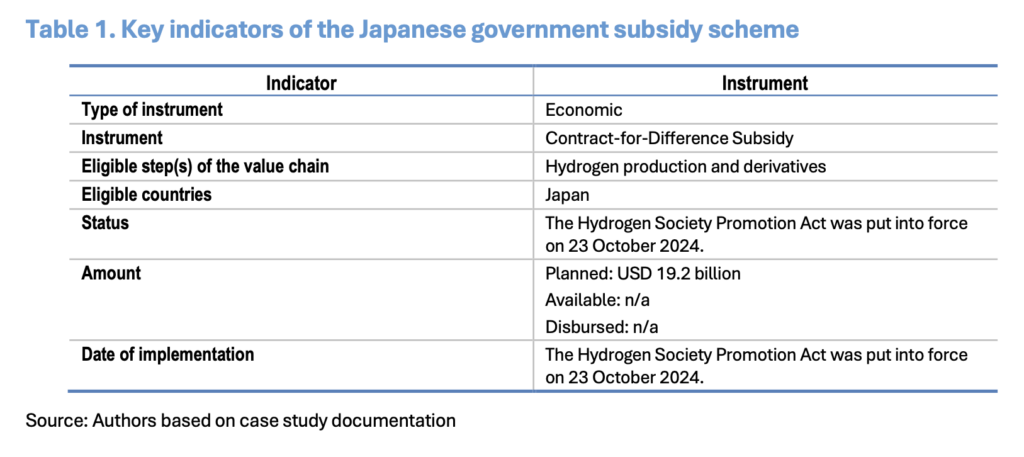
Japan’s hydrogen policy has entered a new phase with the introduction of a long-term Contract for Difference (CfD) scheme designed to close the cost gap between low-carbon hydrogen and conventional fuels.
The mechanism provides developers with stable, predictable revenue by guaranteeing a fixed strike price for hydrogen over a 15-year support period.
When production costs exceed the reference price, the government covers the difference; if actual costs fall below expectations, part of the savings is refunded.
The scheme also requires producers to continue supplying hydrogen for an additional 10 years once subsidies end, ensuring long-term market stability. It clarifies obligations around cost overruns, price fluctuations and operational commitments, creating a bankable framework for early projects.
As Japan aims to build a competitive hydrogen economy, this CfD model is positioned to play a central role in scaling domestic production, supporting imports and reducing investment risk for capital-intensive hydrogen projects.
Based on insights shared by Dogukan Unal (LinkedIn)
Related content
Useful link


